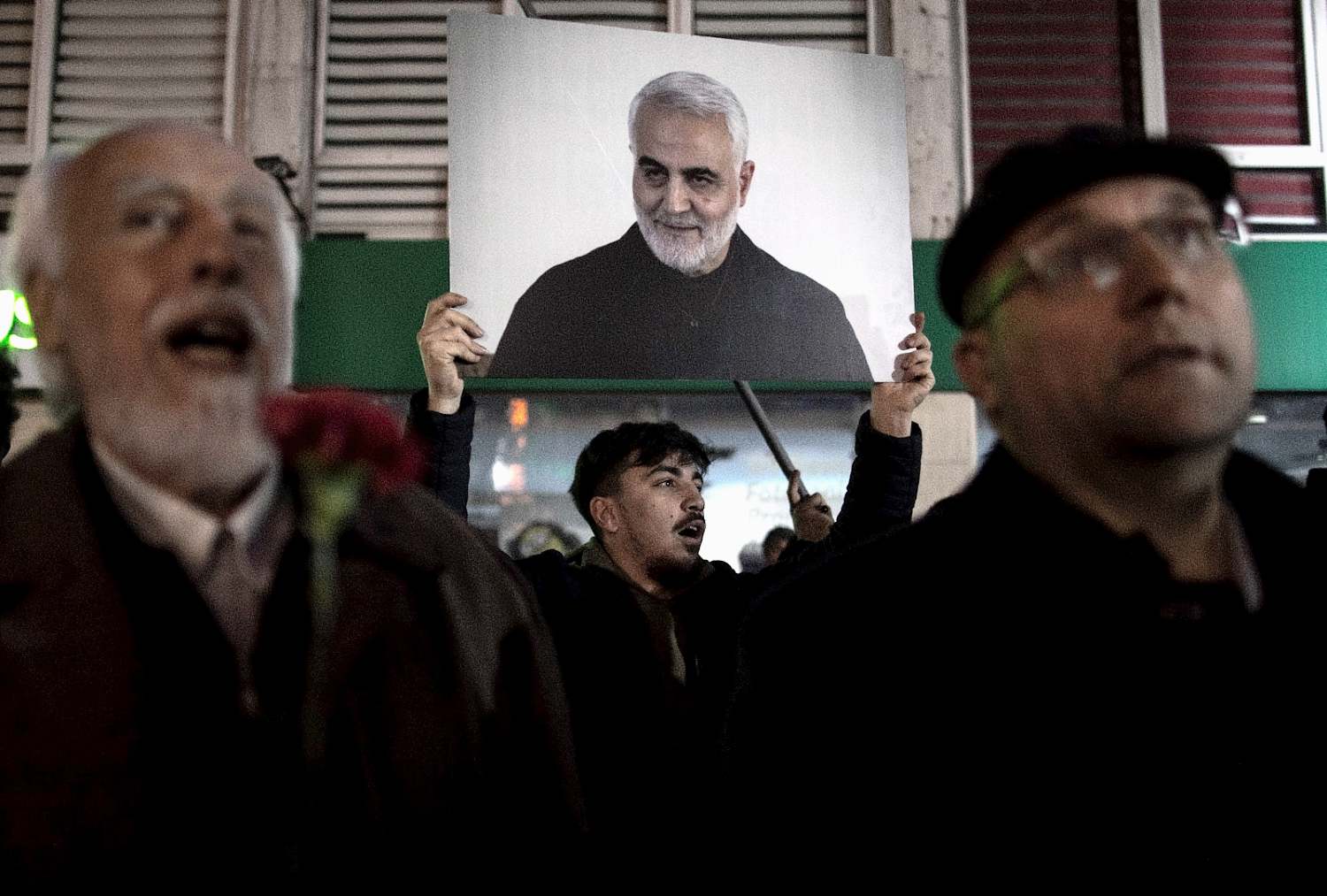
We were in the prologue of World War III, but one of the contenders may have fallen before it began. Ultimately, it was a success of Trump’s foreign policy. And even Democratic voices admit it, of course, those with the ability to circumvent the polarization that was exacerbated by impeachment and an election year.
Iran’s response to the U.S. execution of Qassem Soleimani —a general, war hero, head of the Quds Force of the Islamic Revolutionary Guard Corps, and cabinet member— was disproportionate. Disproportionately lowered, that is. A missile attack planned to cause no casualties and minimal physical damage.
A clear admission of weakness, accompanied by an invitation to not escalate the situation. The president agreed, announcing that there would be no loss of life and that he would continue with economic sanctions. The diplomatic route is still possible, but one of hard diplomacy.
Trump just put the ayatollah regime in a box and exposed the box to the whole world. It was already evident, of course, that Iran is weak in a conventional confrontation, made the extent of Iran’s weakness explicit.
Iran’s comparative advantage lies in the actions of its militias and terrorist groups, cells operating under the umbrella of the Islamic Revolutionary Guard, whose highest authority was precisely Soleimani. From Yemen to Lebanon and from Syria to Bahrain, these groups destabilize governments and promote sectarian conflicts.
Iran has also been a key player in Iraq since the U.S. invasion of 2003. It has supported Shiite Islamic parties and aided the creation of the Popular Mobilization Forces, militias that dominate the territory. These groups are responsible for a series of recent attacks on American facilities and personnel, including the attack on the embassy in Baghdad last December.
Several leaders of these units are on terrorist lists for their actions in the Middle East and beyond. In fact, it is not uncommon for Iranian dissidents to be killed in exile in Europe. In January 2019, the Netherlands, France, and Denmark accused the Tehran regime of planning and carrying out such operations. Still, appeasement is the preferred option in European foreign policy.
If all this is the corollary of an unnecessary and ill-conceived war that led to the decomposition of the Iraqi state in 2003, the expansion of Iran’s actions to the other side of the Atlantic has its origins in Obama’s nuclear deal and his excessive concessions to the Iranian regime. I am referring to the truncated Operation Cassandra.
Launched in 2008, it was a DEA research project on Hezbollah’s funding sources. According to evidence, the terrorist organization was increasingly turning to drug trafficking and related crimes to fund its activities. Large sums of money had been laundered in the Americas and then ended up in Hezbollah’s coffers in Lebanon. During the negotiations of the nuclear agreement with Iran, eventually signed in 2015, the Obama administration stalled Cassandra.
Obama’s indulgence allowed Hezbollah to make a strong foothold in Latin America. Illicit groups thrive on easy-to-capture states, porous borders, and rampant corruption. Today, we know that the money from drug trafficking, public works corruption, and terrorism is laundered in the same place. In Iquique, the Triple Frontier or Sinaloa, among other active sites, security experts confirm that Hezbollah has come to the region to stay.
This was already the case in Argentina. The attack on the AMIA in 1994 is proof. In the judicial file of that terrorist attack, the name of Qassem Soleimani can be found; the chain of command of the terrorist networks wound up on his desk. And this has been going on for at least 25 years.
International terrorism has penetrated deeper into the state structure in Venezuela than in any other country in the hemisphere. Recall the issuance of ten thousand passports at the Venezuelan consulate in Damascus between 2008 and 2009. Those precisely ended up in the hands of Hezbollah. The Minister of the Interior, the authority in charge of issuing identity documents, was Tareck El Aissami- the international allies of the Venezuelan narco-dictatorship.
Coming back to the present, ultimately, there was a loss of life. Iran shot down a commercial airliner with 176 victims. Faced with the accumulation of evidence, and the accusations of the Canadian Prime Minister, Tehran had to acknowledge its responsibility, making it clear that it was a mistake. Now the added problem is whether to believe them. The Iranian regime has a long history of killing innocent people.
 Versión Español
Versión Español













